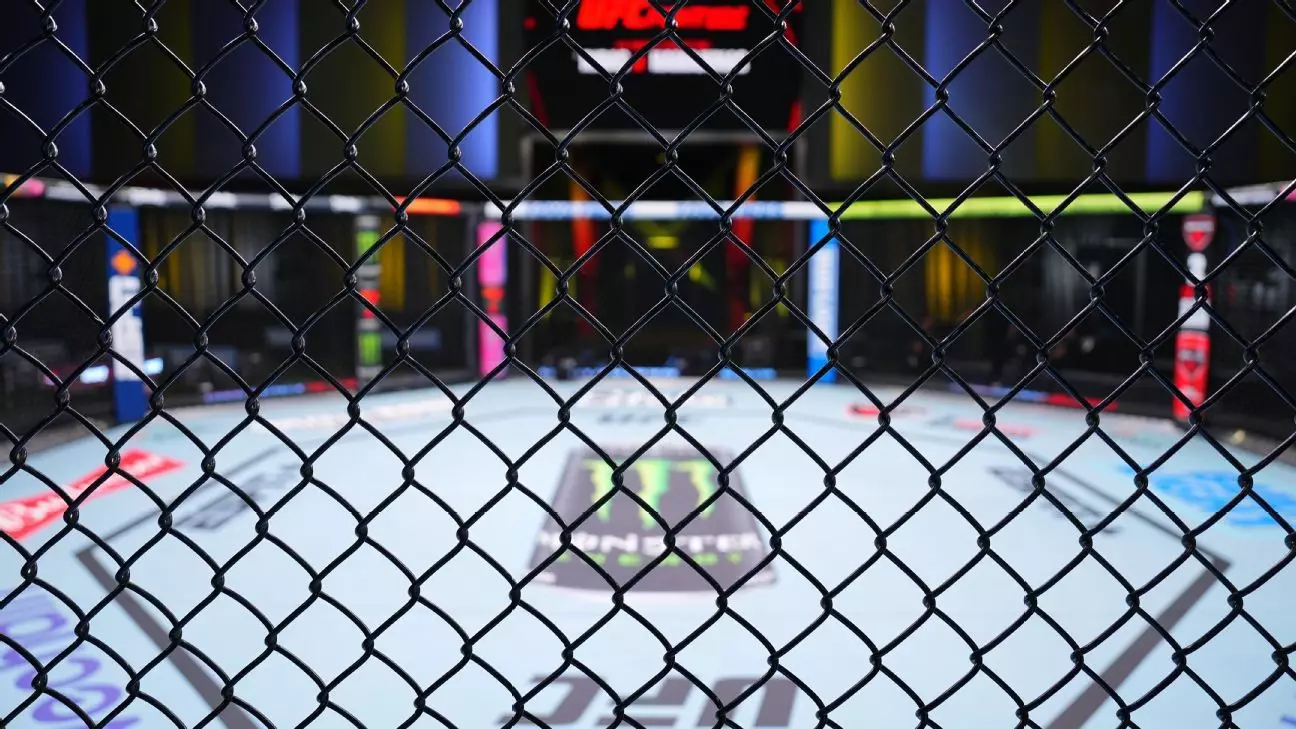Settlement Reached in UFC Antitrust Case: Turning Points for Fighters and the Industry
As a long-time fan of mixed martial arts, I’ve always been fascinated by the sheer determination and spirit of the fighters. It’s not just about the physical prowess they display in the octagon; it’s the grit and perseverance they show both in and out of the ring. So, when I heard about the landmark ruling in the UFC antitrust case, it piqued my interest on many levels. This settlement represents much more than a legal resolution; it’s a beacon of hope for fighters seeking fair treatment and compensation.
The news of this $375 million settlement is more than just numbers on a page—it’s a significant step forward for hundreds of MMA fighters who have felt marginalized within the industry. As someone who loves watching these athletes push their limits, I can’t help but feel a sense of relief and optimism for them. Their stories of struggle have always resonated with me, and this legal victory seems to be a turning point that could transform their lives for the better.
With this settlement, there’s a palpable sense of change in the air. It’s an opportunity for the industry to rethink how it values its fighters, not only financially but also as integral parts of the sport’s success. As we explore what this means for the fighters and the broader landscape of MMA, let’s delve into how this settlement could reshape their futures.
Key Takeaways
- The $375 million settlement marks a significant victory for MMA fighters against UFC’s alleged unfair business practices.
- This ruling could lead to systemic changes in fighter contracts and organizational standards within MMA.
- The personal stories of fighters highlight ongoing financial and physical challenges faced in their careers.
A Landmark Settlement
In a ground-breaking decision, a Nevada judge has given preliminary approval to a $375 million settlement aimed at resolving longstanding antitrust issues with the UFC. This stems from a class-action lawsuit known as Le v. Zuffa, which has been unfolding over several years. The lawsuit alleges that UFC’s business practices hampered competition and underpaid its fighters while undermining rival promotions. With Judge Richard Franklin Boulware II’s ruling, we see not only financial restitution but also potential shifts in how business is conducted in this high-stakes sport.

The plaintiffs’ perspective paints this settlement as more than just a financial win—it’s a hard-fought victory after nearly a decade-long journey through the courts. Eric Cramer, who led the charge legally, voiced his satisfaction with the outcome, indicating that this is just one step towards broader change. The settlement, he hopes, will serve as a catalyst for reevaluating fighter contracts and ensuring they receive equitable treatment moving forward.
The Human Element
Behind every legal battle are personal stories that bring these issues to life. Fighters like Shane Carwin have openly shared their struggles—financial hardships compounded by physical injuries sustained over years of competition. For many athletes, their earnings don’t reflect the sacrifices they make, both physically and financially. Carwin’s testimony underscores how transformative this settlement could be, serving as a lifeline for fighters facing uncertain futures post-career.

The urgency expressed by these athletes adds weight to the legal action taken. Over 150 fighters have testified in support of swift approval for this settlement, highlighting dire financial situations many face within the UFC framework. These narratives are more than individual tales—they spotlight systemic issues requiring thoughtful reform if we are to ensure sustainability and fairness in professional sports.
Ongoing Challenges and Future Implications
While Le v. Zuffa represents a significant milestone, it’s only part of an ongoing battle for comprehensive reform within the UFC. Another case, Johnson v. Zuffa, continues to address contractual issues affecting fighters from 2017 onward. This lawsuit seeks not just financial damages but also transformative changes in how UFC conducts its business—a move that could redefine fighter engagement with the organization altogether.
The UFC’s defense points to its investments and rival promotions as evidence of a competitive market landscape. However, ongoing legal matters may illuminate broader questions about fairness and labor rights within professional sports—particularly in combat sports where athletes often face unsustainable demands. As these cases progress through courtrooms, they may pave the way for broader industry-wide reforms aimed at protecting athlete welfare.
Final Thoughts
The approved settlement in Le v. Zuffa is indeed momentous, yet it serves as both an achievement and a reminder of persistent challenges within MMA’s ecosystem. With further litigation on the horizon, attention remains focused on achieving lasting changes that benefit both current and future generations of fighters. The hope is that settlements like these catalyze meaningful reforms within UFC’s operational ethos while offering financial security to those who risk so much inside—and outside—the octagon.
UFC antitrust case
MMA fighter rights
mixed martial arts industry
sports law reform


Leave a Reply